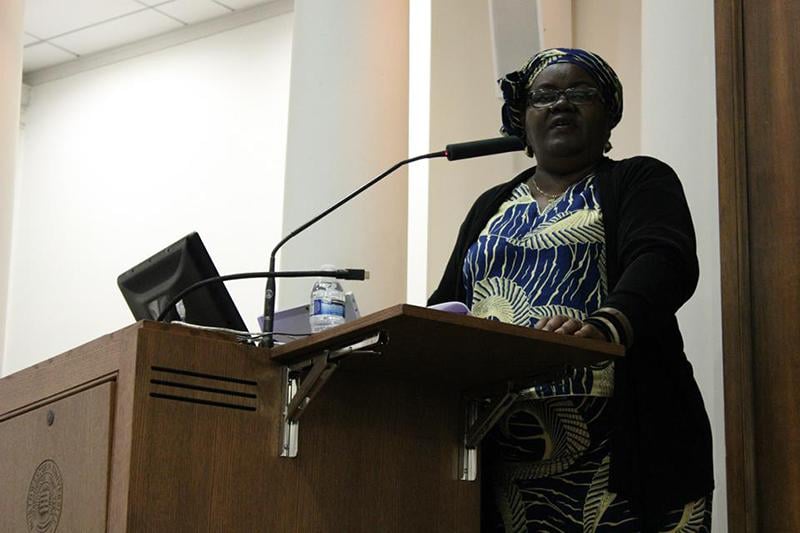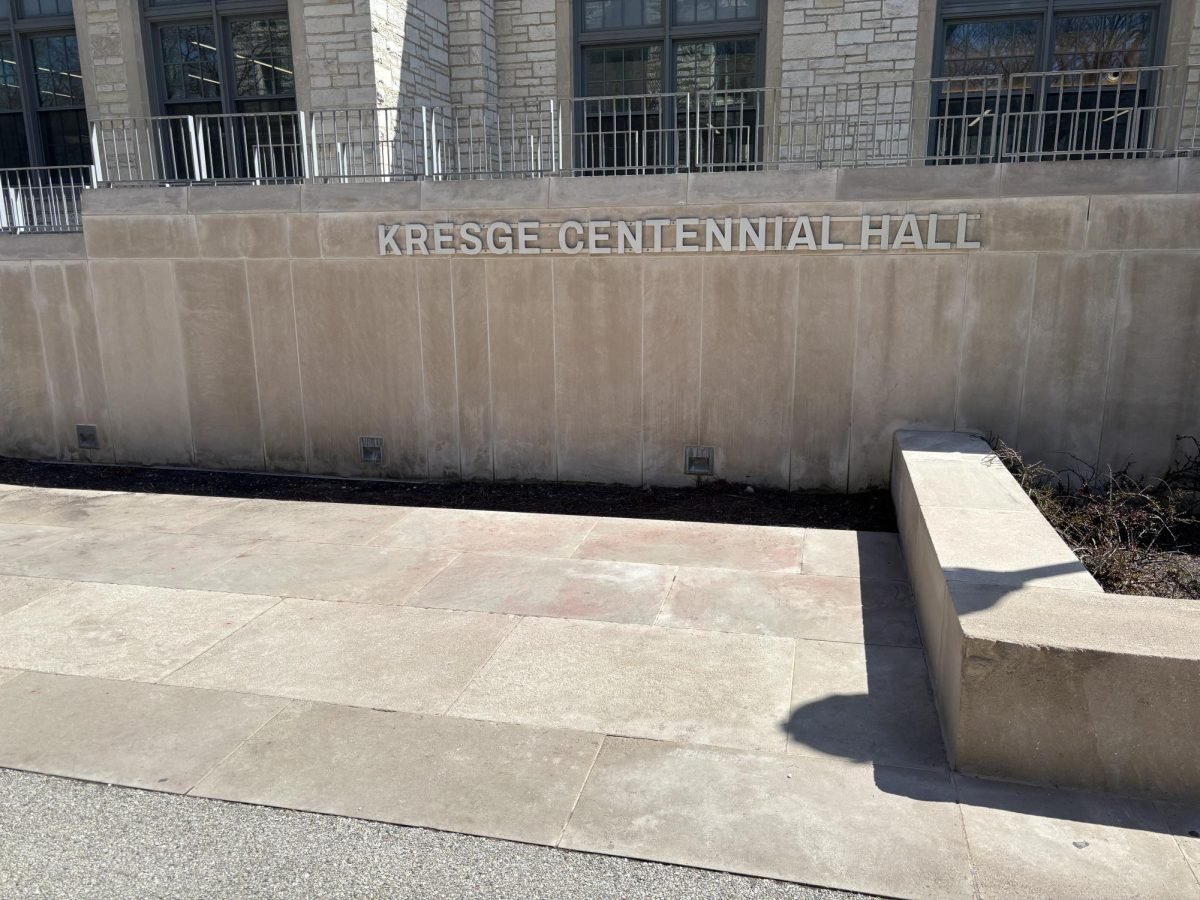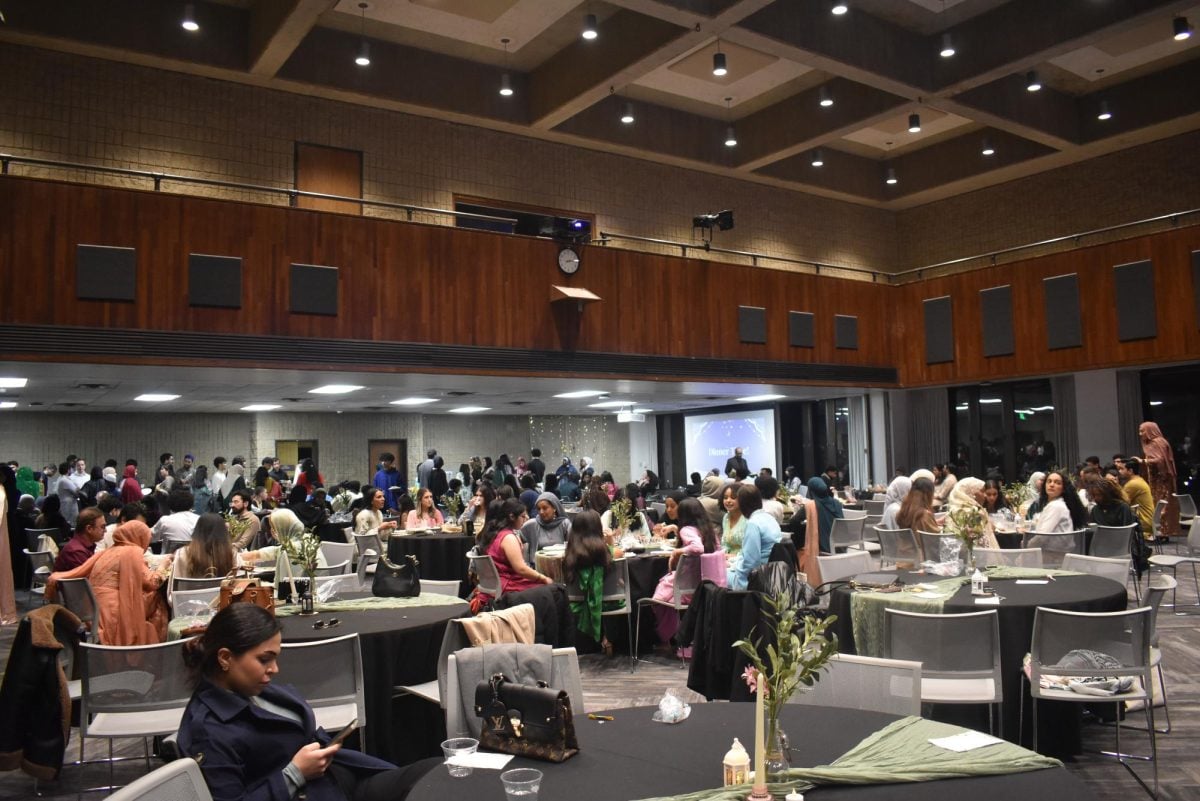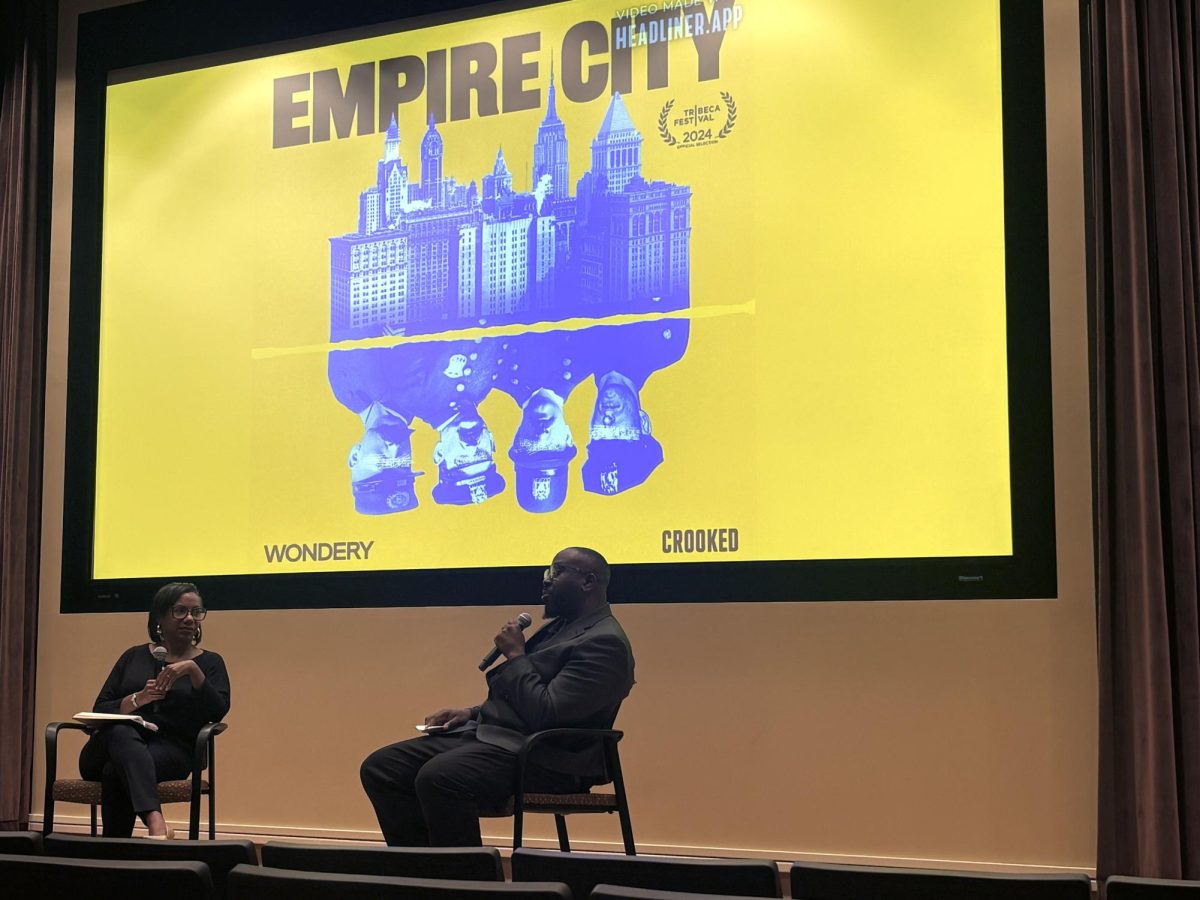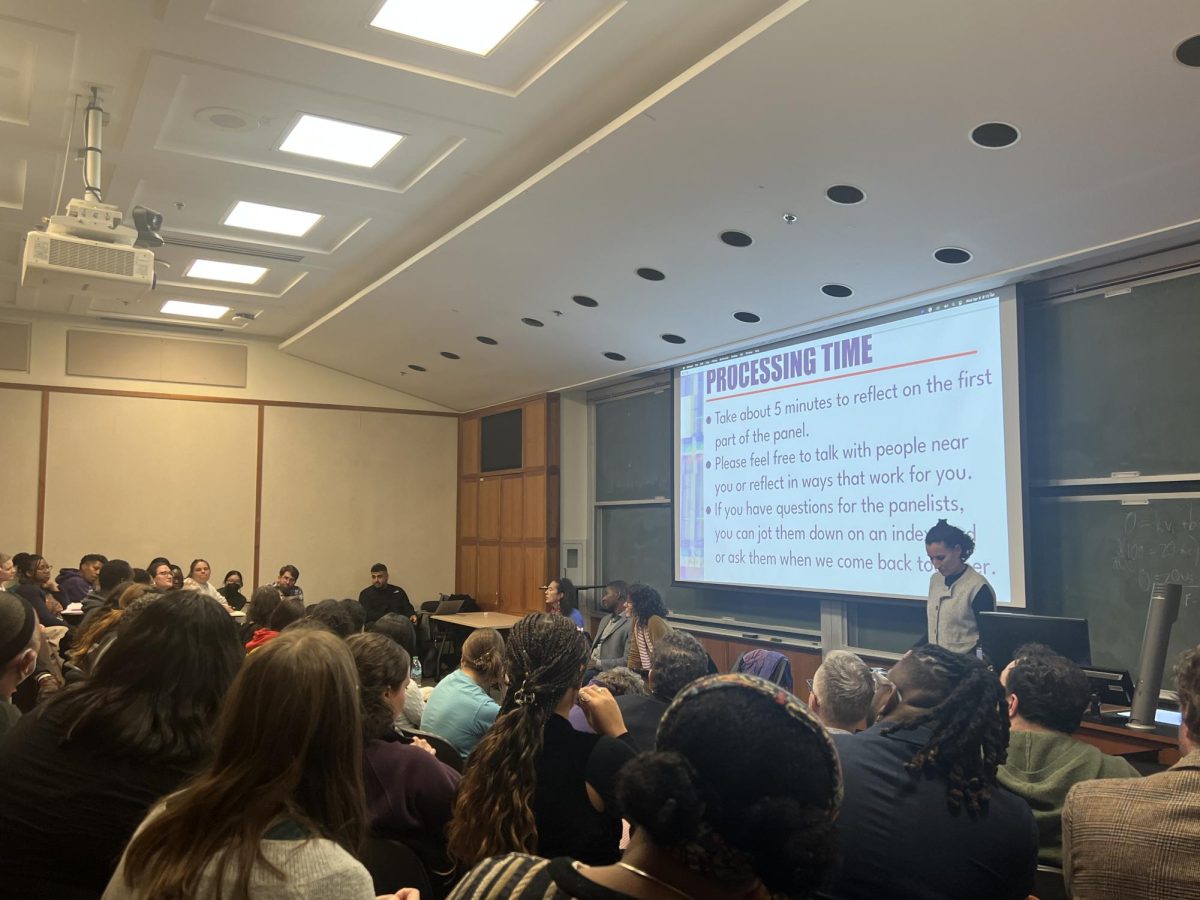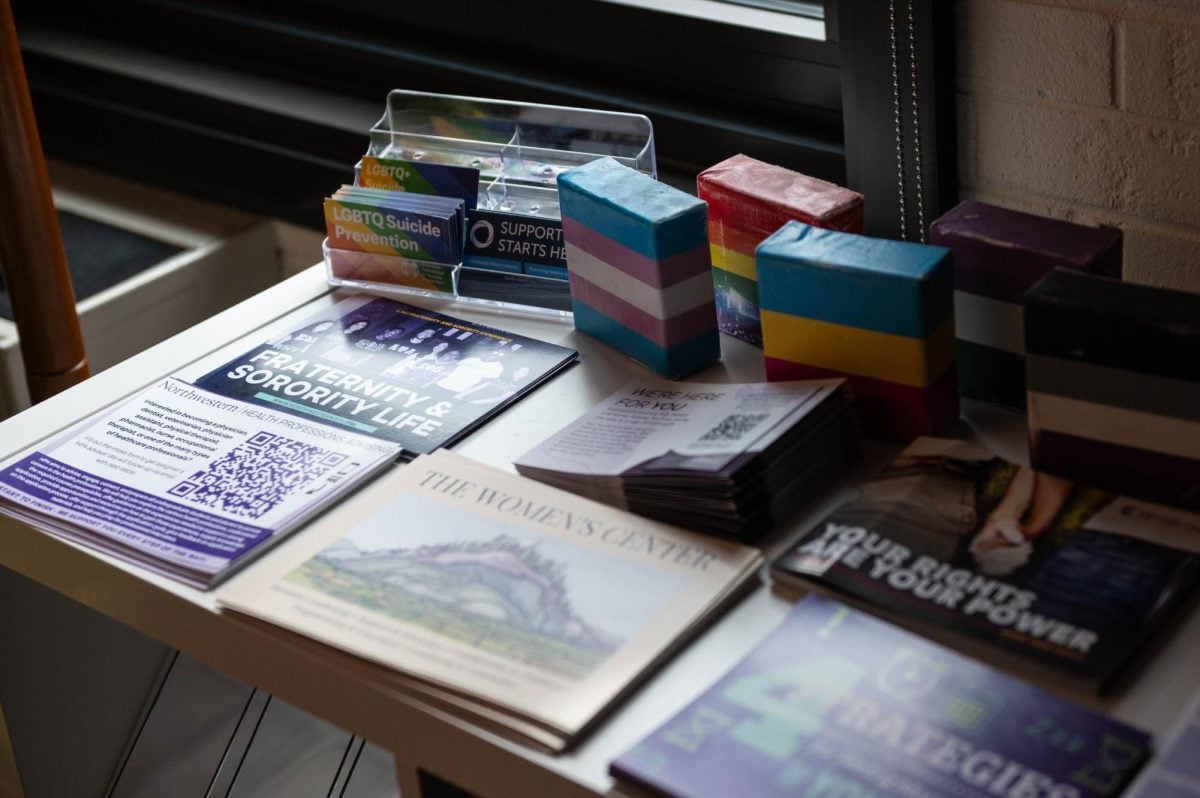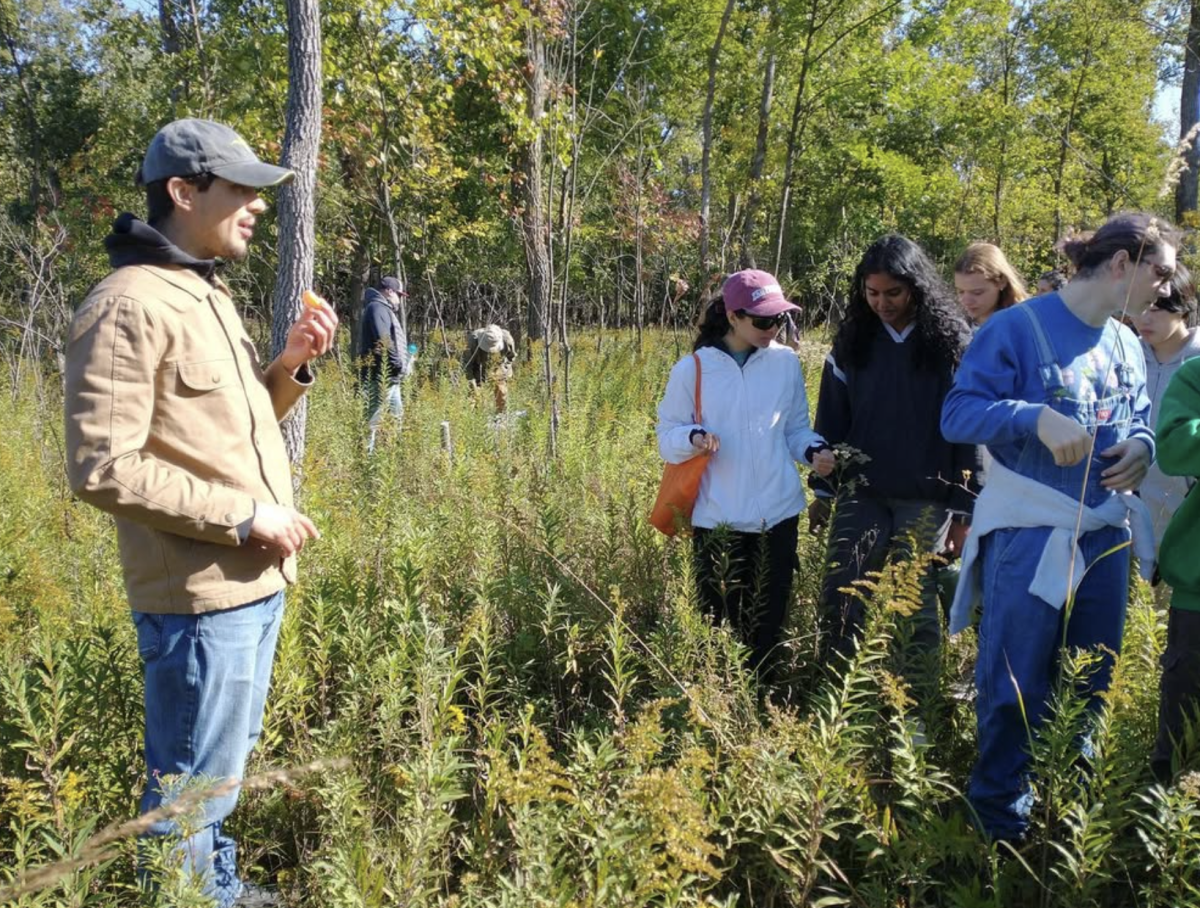Activist Njoki Njehu concluded Saturday the Northwestern University Conference on Human Rights drawing on her experiences fighting for women’s rights and ecological consciousness in the U.S. and Kenya.
During her keynote speech, Njehu described moments in her life that led her to advocate for women’s rights, environmental justice and cancellation of third-world debt in Kenya, the U.S. and around the world. She focused mainly on specific experiences as well as on the importance of humility and a constant attitude of listening and learning.
“I think what she was talking about, about really utilizing the value of that kind of local knowledge is something that’s so important,” Weinberg junior Lauren Wustenberg said.
Throughout the speech, Njehu made references to previous NUCHR sessions, relating her talk to what had been touched on during the event series. This interplay between speakers made the experience more fulfilling, co-director Mark Specht said.
Born in Kenya, Njehu completed her undergraduate and graduate studies in the United States and spent nearly 10 years working in the country. She advocated for those who felt victimized by the International Monetary Fund and the World Bank through her work with 50 Years is Enough, a coalition of various development organizations. She also fought toxic waste injustices through Greenpeace International, a group aimed at promoting environmental awareness and conservation practices.
In 2005, she returned to Kenya, where she founded and currently directs the Daughters of Mumbai Global Resource Center. The program’s main function is “an institutional base for the work and the issues that women in my community, especially my mother and grandmother, had been working on,” Njehu said. She said she wanted to give something back to the community that had given her so much.
NUCHR co-director Tracy Navichoque said the conference intentionally gathered speakers from many different backgrounds and cultures to address the 40 delegates and NU students in attendance.
“I liked that (the speakers) were both from communities that don’t necessarily get the platform as often as they should,” said Alexander Simon-Fox, a senior from Hunter College.
Njehu used her specific background and experiences to craft her speech.
“I am going to tell you a story,” Njehu said. “My story.”
She discussed her transition from focusing on women’s rights in Kenya to seeing the issue globally, a shift that occurred for her during a UN Women’s Conference in her home country. This event led her to spend nearly 10 years of her life working in the US, she said.
“The challenges that women were facing were not just about the women in my family and community in Kenya or in Africa,” Njehu said.
Njehu ended her speech by encouraging the audience to promote change with a humble attitude and to always continue learning.
“Go out, change the world and learn something while you do it,” Njehu said.
Correction: A previous version of the photo caption that accompanies this story misstated Njehu’s relationship with the World Social Forum. The Daily regrets the error.
E-mail: cassiewassink2017@u.northwestern.edu
Twitter: @clwassink
